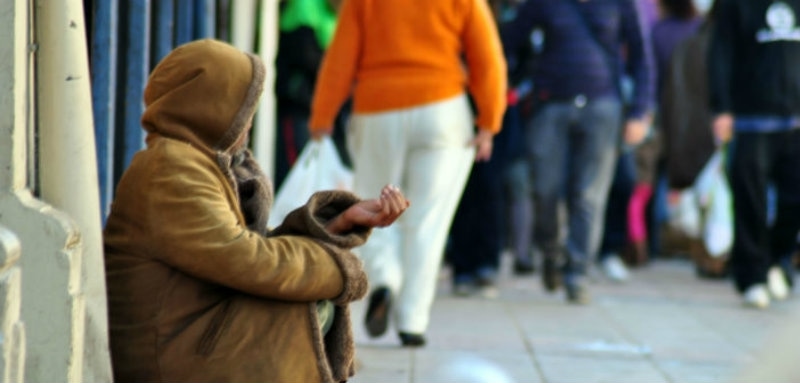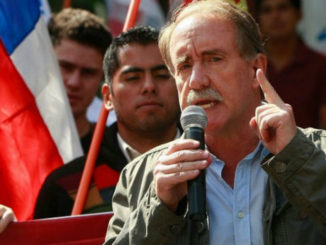
MENDOZA – The members of Mercosur trade bloc called for an end to violence in Venezuela in a joint statement on Friday. However again opinions were divided: while Brazil and Argentina sponsored a more explicit warning to President Nicolas Maduro and his regime, Uruguay had it redrafted in a more conciliatory tone and Paraguay finally came out with a compromise option.
But Bolivia refused to adhere since it openly supports the Chavista revolution, and Peru also stepped down because the document proved to be too soft,
Mercosur members Argentina, Brazil, Paraguay and Uruguay again called on Venezuela to release political prisoners and offered to facilitate talks between President Nicolas Maduro’s socialist government and the opposition in the statement, issued as the nations met in Mendoza, Argentina, to discuss trade and regional integration.
Associate Mercosur members Chile, Colombia and Guyana, as well as Mexico, also signed the statement, which called on both the government and the opposition to “not take any initiative that could divide Venezuelan society even more, or aggravate institutional conflicts.”
The statement comes days after U.S. officials said they were preparing sanctions against Venezuelan government figures.
Brazilian Foreign Minister Aloysio Nunes and Argentine Foreign Minister Jorge Faurie told reporters Mercosur countries were hesitant to follow suit. “None of us are willing to apply any sanctions that will affect, above all, the Venezuelan people,” Faurie said.
Nunes said any Mercosur decision would be “autonomous” of U.S. action, and insisted interruptions of food shipments from Brazil to Venezuela could “aggravate the humanitarian crisis even more.”
Venezuela was suspended from Mercosur last December amid concerns about human rights. Since then, four months of anti-government unrest has taken over 100 lives. On Friday, millions joined a 24-hour shutdown as part of a civil disobedience campaign against Maduro.
In April, Argentine President Mauricio Macri warned that Venezuela could be expelled from Mercosur if it did not change its behavior.
The joint statement did not refer directly to Maduro’s plan to hold a July 30 vote to elect a constituent assembly with powers to rewrite the OPEC nation’s constitution. Mexico on Thursday had called on Maduro to shelve the vote.
Bolivia, whose President Evo Morales is one of Maduro’s few remaining allies in the region, is in the process of becoming a Mercosur member.
At the meeting, Mercosur members agreed to establish common legal conditions within the bloc to encourage investment and took steps to boost trade ties with the Pacific Alliance countries of Chile, Colombia, Mexico and Peru. Mercosur is also eyeing a trade deal with the European Union, which Faurie said could be reached in December.
Argentina as the host country of the summit handed the Mercosur pro tempore chair for the next six months to Brazil. Apparently Brazil is prepared to invite either Maduro or his foreign minister to talks in Brasilia to press on its disapproval of the controversial national vote for a constituent assembly to modify the Venezuelan constitution.



